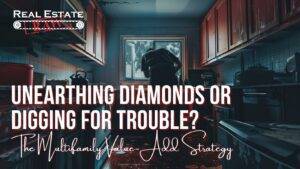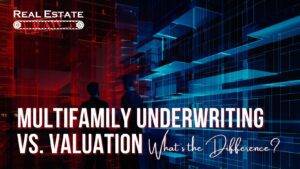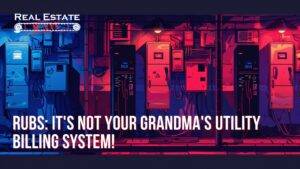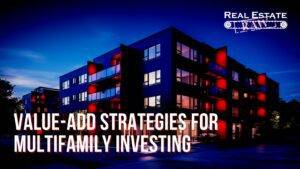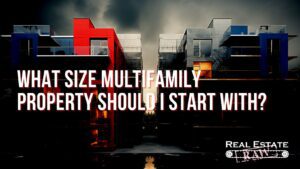Yeah, I didn’t either until I read this article posted by The Orange County Register. Read the full article here.
I have been predicting that a “capex tsunami” is coming to American commercial real estate soon. Capital expense or CapEx is a large cost item that is generally considered to be an asset to the building and not an operating expense. For example, if you fix a leaking pipe, that would be an operational expense (OpEx), but if you were to replace all the plumbing with new plumbing because the pipes are leaking and old in general…CapEx.
Most of the issues come into play when a building has a large amount of aging infrastructure (plumbing, wiring, parking, etc.) and the cost of the repairs exceeds the building’s value or the owner’s financial ability to pay for the repairs. Contrary to popular belief, not all commercial real estate owners are rich. Not all buildings collect enough revenue to cover the cost of their own repairs. This can be a hyper exaggerated situation if several past owners in a row have all turned a blind eye to these needed repairs because there simply would not be any profit in fixing it. Deferred maintenance.
Over time this situation became a game of financial “hot potato”. Some owners get stuck holding a building that will need repairs they cannot afford. Repairs that cannot be ignored any longer. Cities and their inspectors are becoming more aware of this issue at an alarming rate. I had a plumbing issue at an apartment complex I was owner/manager of, and it had a major sewer line break. It was just a plumbing issue, but it didn’t take long for the tenants to call the news and for the cameras to come running. True story.
Now we see that Fannie Mae has a blacklist?! This is not good for older buildings that rely on debt from the government sponsored enterprises (GSE) like FNMA and FHLMC (Fannie and Freddie). The article referenced here discusses condominium buildings like the one that collapsed in Surfside Miami. I can assure you as an owner and operator of apartment buildings for the last 20 years, that if this blacklist exists for condos, it already does (or will soon) exist for apartment complexes too.
Fannie and Freddie have a general mandate to fund affordable housing, but they don’t have any mandate that says they can’t make you escrow a ton of cash before closing to do future repairs. They also don’t have any mandate that says they can’t come to you 2-3 years into your loan and demand that you do massive amounts of really expensive repairs to your property…or you will be in default of your loan. Also, they will want you to escrow the money for those repairs, then get the work done with your own cash and then they will give you back the money you put in escrow, when you turn in receipts for the completed repairs. Ouch!
How much will you need to put in escrow when applying for a GSE type loan? You won’t know until the lender higher the building inspector to come and inspect your building. That doesn’t happen until you pay the lender with the application fee. That doesn’t usually happen until you are under contract with the seller and your earnest money may have become non-refundable.
My prediction is that GSE debt product will continue to fund the affordable housing space (multifamily) but the loans will have capital expense escrow requirements that will destroy future sales prices of those assets.
The final point to consider will be your exit strategy. What is the value of your building if buyers can’t get affordable funding? I am going to bet the answer will be… “less”. If you don’t do the needed repairs, a future buyer will likely discount their offer price to account for the high-cost basis of the deal.
Raising the rents may solve the problem in the long run but some repair costs may exceed the market’s ability to sustain the rent growth. If that happens your cash flow could become constrained. What’s the answer? Simple- don’t overpay for old real estate.
Update 4-19-23.
I just finished writing this article when I saw that a parking garage in NY has just collapsed.
The official cause has not been stated at this time, but I will make the guess that it has something to do with the aging infrastructure of the building. Just a guess.




